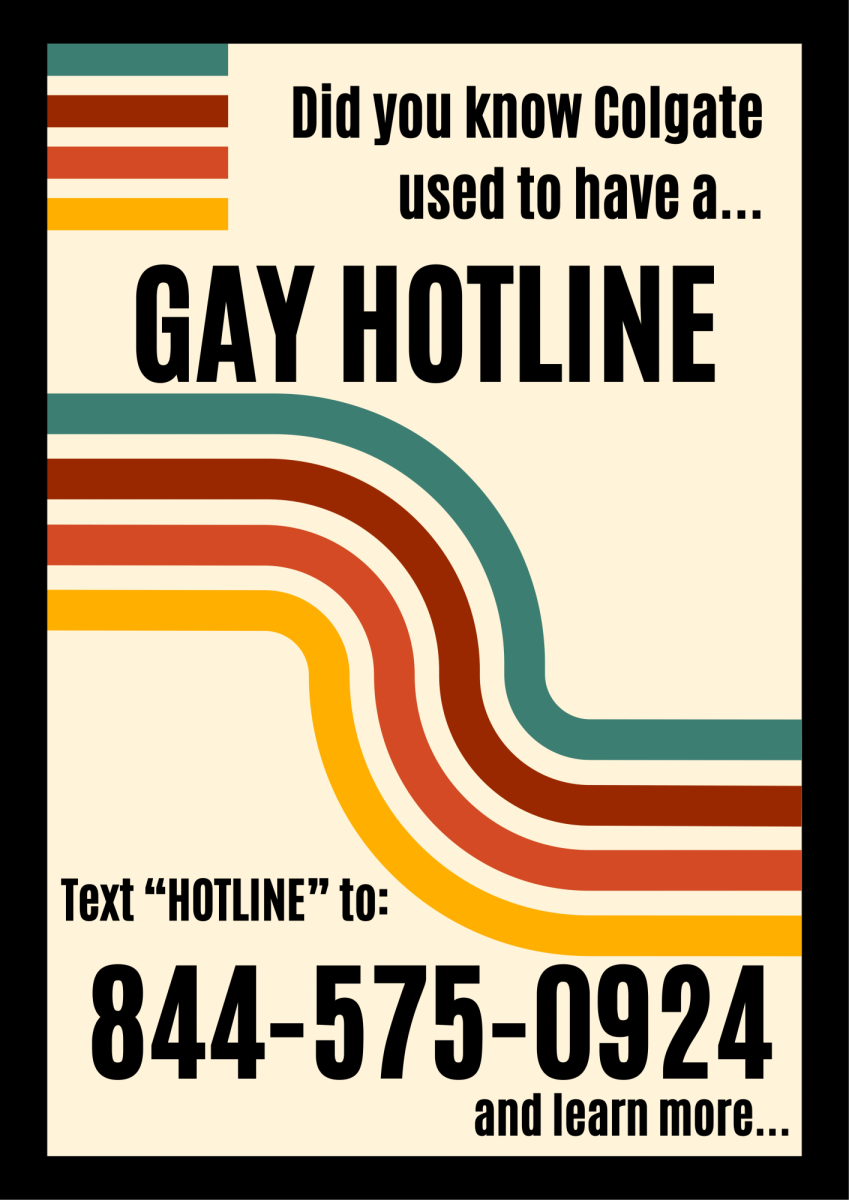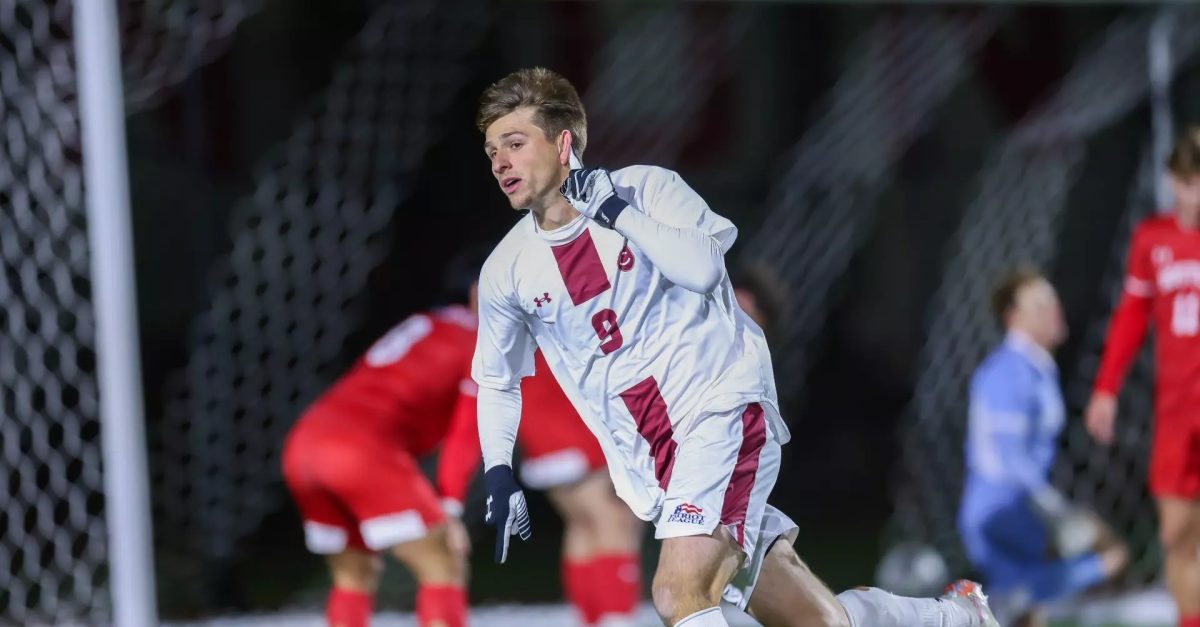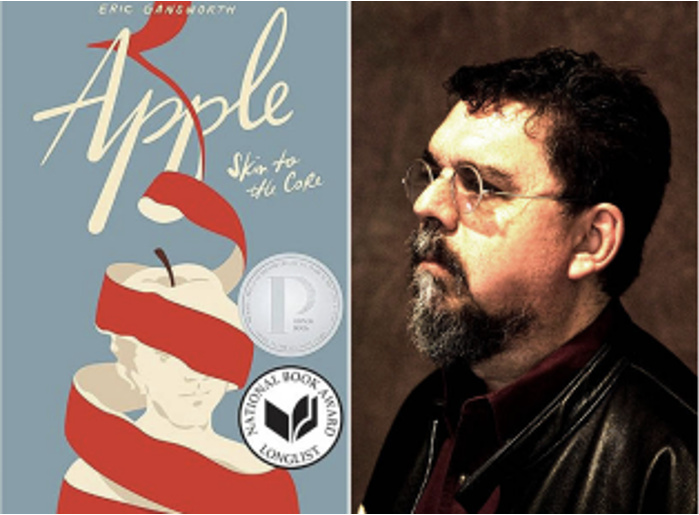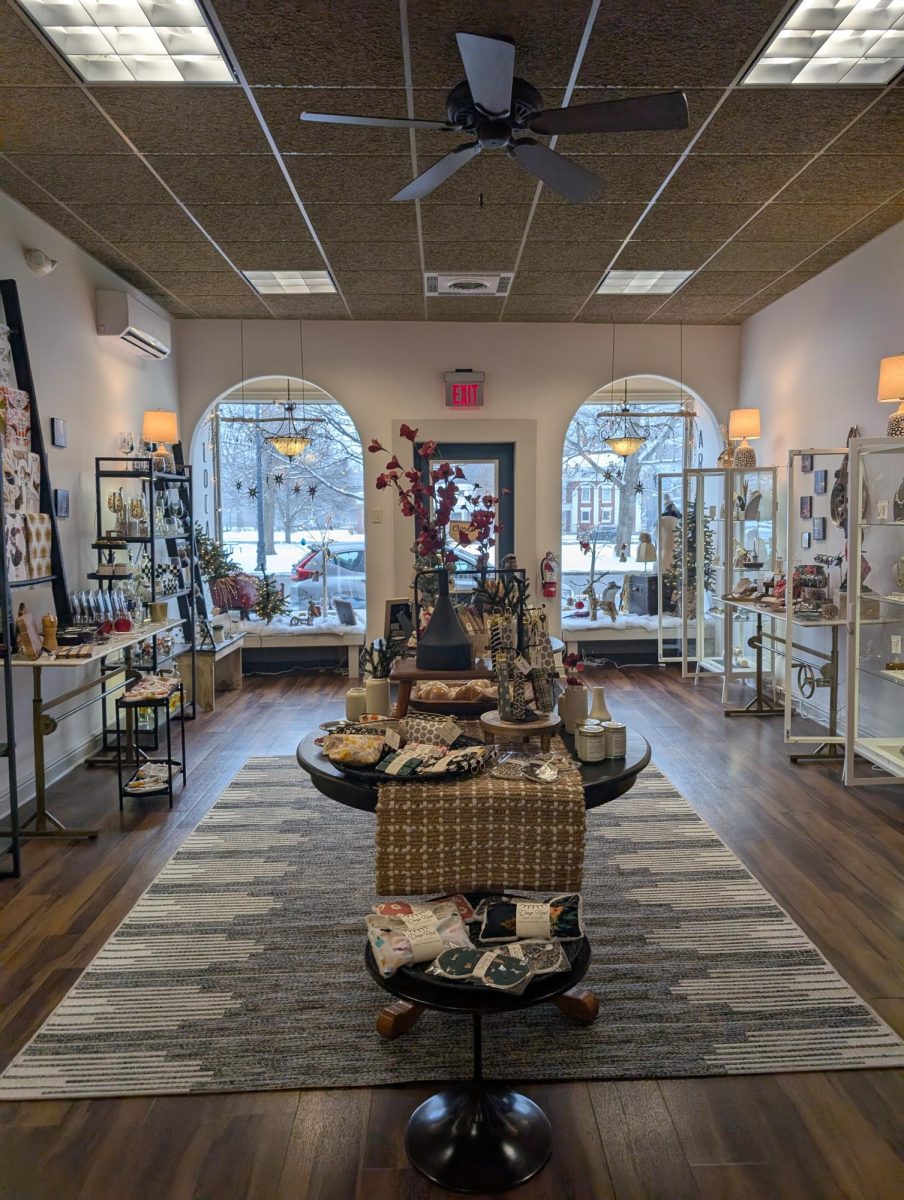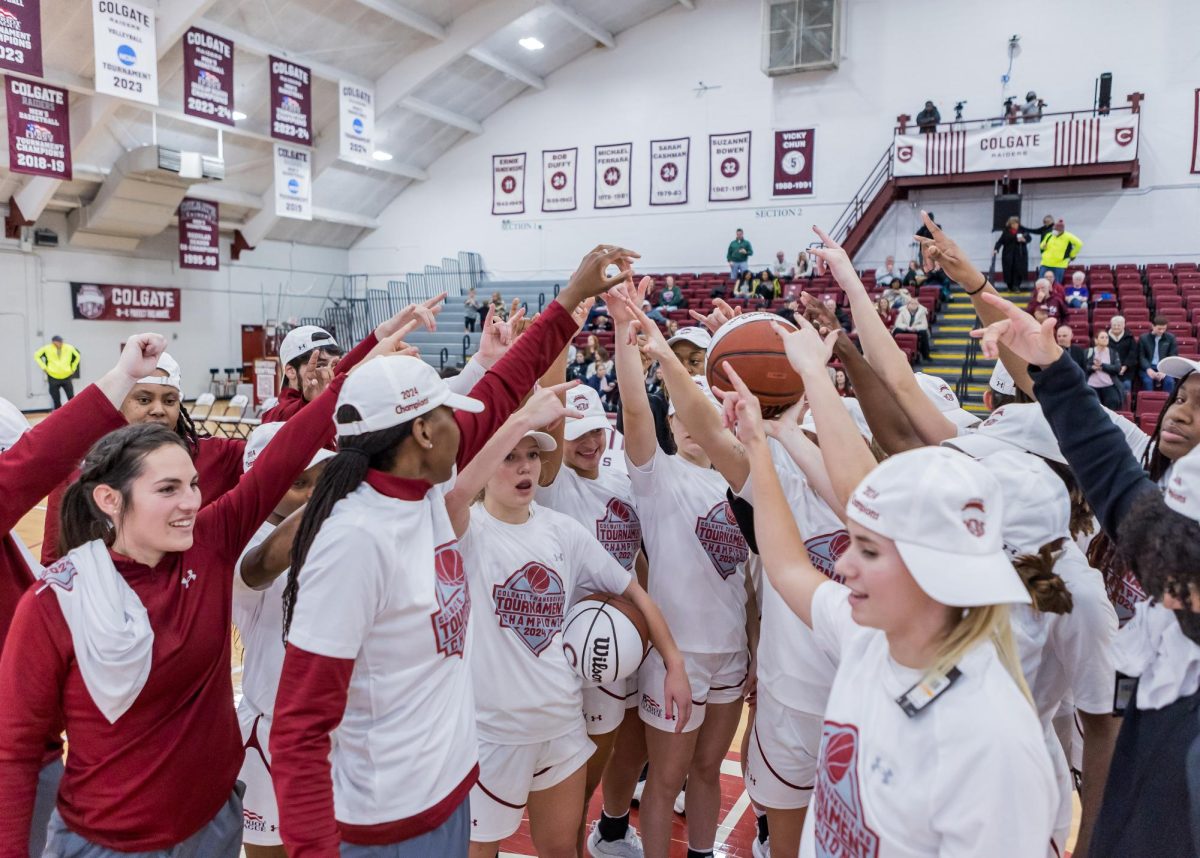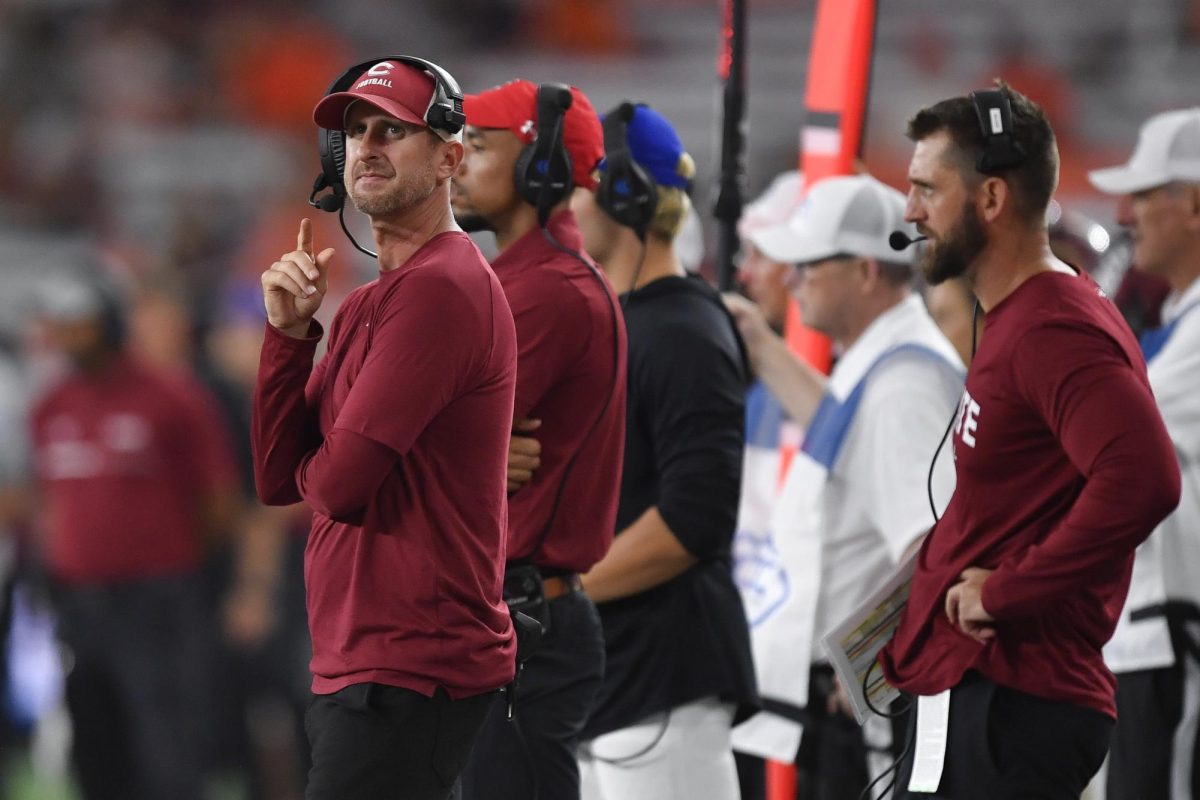The ALANA Cultural Center, Center for Women’s Studies and the Max Shacknai Center for Outreach, Volunteerism and Education (COVE) at Colgate University hosted an event for students to learn and communicate with others about social activism. The groups felt that party polarization was exacerbated by the presidential platforms. After the results of this year’s election, these programs wanted to offer a space for communication and open discussion. Senior Aby Metellus, a student involved in activism who helped organize and facilitate the event, spoke about her goals.
“We hosted this event to keep the discussion going around activism and what people can do to bring social change. We wanted to provide people with the opportunity and resources to help those who don’t,” Metellus said.
There were over 30 attendees, ranging from current students to alumni and professors, which appealed to first-year Daniel Montan Jacome.
“Having the professors and students talk in a circle together made the discussion feel very equal without a power dynamic. I felt very included in every conversation and was able to learn from each person,” Jacome said.
“The event is a way to open up the discussion to everyone,” Metellus said. “There are a lot of pockets of this knowledge around campus, but this event is an opportunity for everyone to become educated on the topic of activism.”
Participants were divided into two groups for hands-on activities focused on different aspects of activism. The first group began in a workshop on the Japanese practice of seed bombing, learning how to create symbiotic seed bombs by mixing soil and seeds — an exercise symbolizing the spread of growth and positive change within the environment. Encouraged to throw them in areas that are already suffering environmental threat or ruin, these seed bombs are a way of giving desolate areas growth and beauty.
The first group then began discussing ways to engage in politics and the effectiveness of grassroots movements. Mainly discussing partisan work, they mentioned the impact of negative advertising. Senior Jose Arriaza talked about why he came to the discussion.
“I came because I was raised under the notion that politics will come up every day in our lives. I wanted to acquire the resources to help those who are uninvolved and to get more people engaged,” Arriaza said.
The second group began by discussing the role social media plays in election politics. Social media is a relatively new tool, especially in regards to politics, and with vast amounts of misinformation online, there is also the ease of finding information through various means like TikTok or Instagram. This group also discussed the merits of engaging with politics through writing and literature.
Esther Rosbrook, director of the ALANA Cultural Center, hoped this event provided students with a space to talk candidly about the election and reflect on how things will change moving forward.
“I think it is important for people to be able to share their experiences, insights and thoughts while learning from each other,” Rosbrook said. “Colgate is a rich community filled with diverse backgrounds and perspectives, and we need to tap into that opportunity in order to grow together and become stronger. I hope people will become more knowledgeable about activism and will want to enact social change.”


